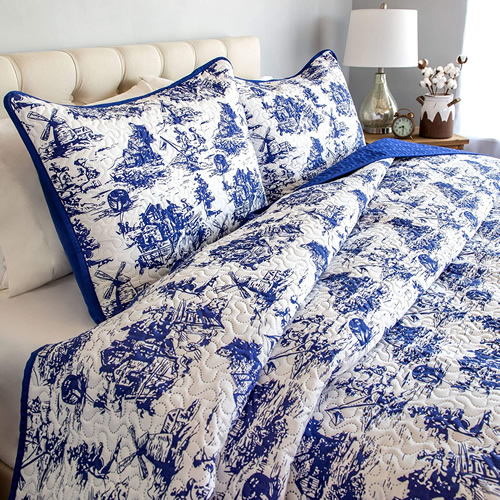How much do you know about fragrances?

A new friend was just showing me all of her fragrances and I realized how little I know about perfumes and colognes.
In fact pretty much everything I knew was wrong.
So, I made a quiz. See how much you know about fragrances!
Go here to try the quiz: How much do you know about fragrances quiz?
The quiz will open in a new window.
Then scroll down to see what I learned.
What is perfume?
Perfume is a pretty generic word, it is really any mixture of fragrant essential oils or aroma compounds, fixatives and solvents that is applied to smell pretty.
It can be called perfume whether it is for men or women, even pets.
Fragrance added to foods is called perfume. Air fresheners with fragrance can technically be called perfumes, too.
The word comes from the Latin word for “to smoke through.” The earliest records of chemistry describe distilling fragrances from flowers, wood and other things.
The Explanation for the Answers
Cologne is for men and perfume is for women
False, mostly
Cologne has three meanings.
Originally, cologne meant any fresh, citrus-based fragrances distilled using extracts from citrus, floral, and woody ingredients. A center for producing this fragrance was Cologne, Germany. The fragrance was used by both men and women.
More recently, traditional perfume makers have added lighter, less expensive versions of their fragrances.
And now people use cologne to refer to any fragrance for men, no matter what concentration.
Spray cologne into the air, and then walk through it.
False
Cologne should be applied sparingly directly to your skin.
You can use more cologne than can perfume.
True
Cologne is not as strong. Perfume has a more powerful fragrance, so much less can have a stronger fragrance.
Eau fraiche, splashes, mists or veils have 3% or less aromatic compounds. They are diluted with water.
Eau de cologne, or just cologne has 3% to 8%, usually less than 5% fragrance oils.
Eau de toilette has around 5% to 15%, usually around 10% concentration.
Most men’s fragrances are eau de toilette.Esprit de parfum is not common. It has 15% to 30% aromatic compounds.
Perfume, eau de parfum, millésime, or parfum de toilette has between 10% and 20%. It is usually around 15% aromatic compounds.
Parfum , extrait or perfume extract can have a concentration anywhere from 15% to 40%. It is usually around 20%.
The stronger the concentration, the better the fragrance smells.
True and False
The concentration of the fragrance oil changes how powerful the scent is, but fragrances are different on everyone’s skin. Different concentrations can actually have a different fragrance on you.
Fragrance should be stored in the bathroom.
False
Heat and moisture can break down scent oils, changing the fragrance.
Test fragrances by spraying it on squares of absorbent paper to compare.
False
Fragrance smells completely different when it is on your skin.
Fragrance smells the same on everyone.
False
Fragrance smells slightly different on each person’s skin.
Apply fragrance to your wrists, then rub them together vigorously to rub in the oils.
False
This breaks down the oils in the fragrance. Leave it alone and it was absorb into your skin and release gradually.
After you apply fragrance, the scent smells the same as it gradually wears off.
False
Many fragrances have different notes as they are worn.
The more you pay for it, the better it is.
More or Less False
Some more expensive fragrances are really wonderful. Others not so much, it’s just branding.
Discover more from my design42
Subscribe to get the latest posts sent to your email.






